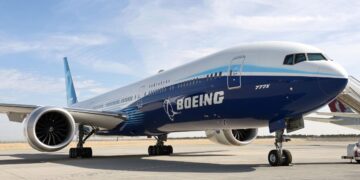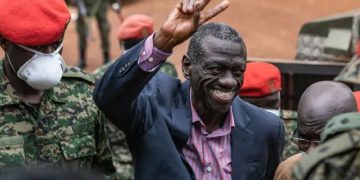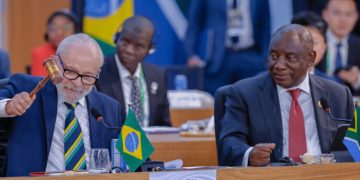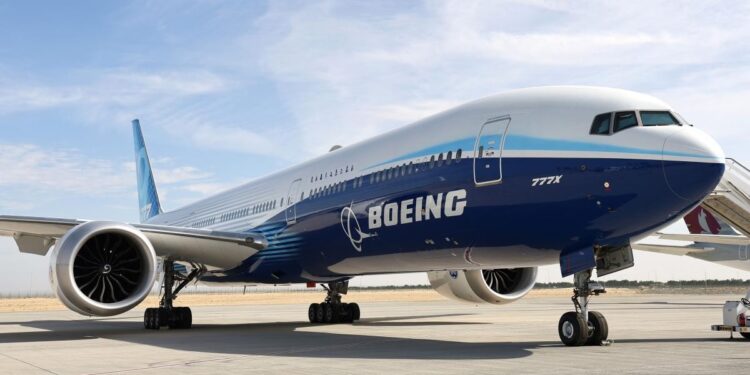By John Ikani
Boeing’s guilty plea this week to a criminal conspiracy charge brought closure to a probe into the 737 Max crashes, but for families who lost loved ones in the Ethiopian Airlines Flight 302 disaster, it ignited outrage.
Relatives of the 157 victims, who perished in the March 2019 crash near Addis Ababa, had hoped a criminal prosecution would unearth new details about the tragedy’s cause. This hope stemmed from the knowledge that the Ethiopian Airlines crash wasn’t an isolated incident. Months prior, a Lion Air 737 Max crashed in Indonesia, killing all 189 aboard.
However, the plea deal resulted in a mere $243.6 million fine for Boeing, a far cry from the $24.8 billion families had envisioned. “We strongly oppose the Justice Department’s decision to move forward with this inadequate plea deal,” stated Erin R. Applebaum, a lawyer representing 34 Ethiopian families, expressing their deep disappointment. He further criticized the deal as a mere “slap on the wrist.”
A Longstanding Relationship and Questions of Accountability
Ethiopian Airlines and Boeing boast a decades-long partnership that has strengthened in recent years as the airline expands across Africa. Just last year, the airline purchased 67 Boeing planes, including 20 Max jets, with an option for more. This year, Boeing even announced its first African office in Addis Ababa.
Ethiopian Airlines itself is actively acquiring stakes in other African airlines, while heavily relying on Boeing aircraft. Notably, the airline was one of the few to continue using the Max jets just three years after regulators grounded them.
This close relationship has raised eyebrows, with some accusing the Ethiopian government of neglecting the victims’ plight due to its growing commercial ties with Boeing. Aviation expert Kaleyesue Bekele emphasized the need to hold Boeing executives accountable for concealing crucial information about the flight control software. “Corporate greed claimed 346 lives,” Bekele stated, highlighting the Ethiopian crash’s potential for prevention after the Lion Air incident.
Financial Compensation vs. True Accountability
The robust commercial ties raise concerns for many who lost loved ones. Crash victims’ families have become vocal critics of Boeing, lamenting the lack of accountability and empathy displayed by both companies.
One grieving mother, who lost her 29-year-old daughter in the crash, expressed her pain: “This deal only deepens our wounds. We haven’t seen accountability, yet we’re expected to accept compensation and move on?” Her fear of reprisal from Boeing compelled her to remain anonymous.






































